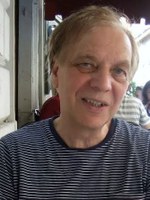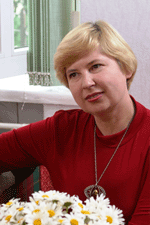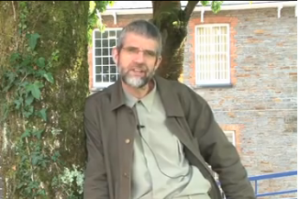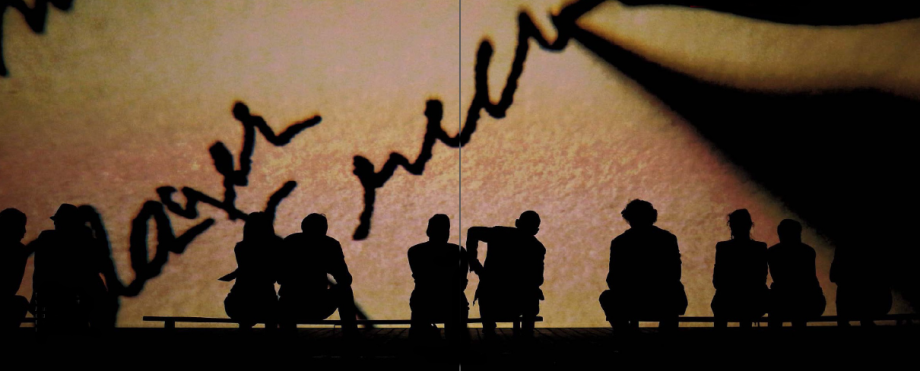 Juhani Ihanus University of Helsinki
Juhani Ihanus University of Helsinki
REFLECTIONS ON THERAPEUTIC WRITING
22.10 conference programme
There are different levels of writing, for example ‘‘literary’’ (product orientation), ‘‘writerly’’ (process orientation) and ‘‘therapeutic.’’ These levels have sometimes been tried to be embedded into a value hierarchy, the first of them being at the top. However, when seen as non-hierarchical and supplementary, they form together the innovative and explorative interlocutory field of writing. The reflective and transformative process of therapeutic writing is presented in this keynote speech. Explorative and expressive writing is modelled as a way of co-constructing, as well as demonstrating and sharing, knowledge and meaning, and therefore as central to both the learning process and the therapeutic process. A playful approach to knowledge and writing posits also the “facts” of science as possessing rhetoric and metaphors. Therapeutic writing can be even added to the student-centered learning while it encourages students to be reflexive about their academic writing through discussion, peer work and reflective writing.
For example, autobiographical writing may be a prelude to interactive therapeutic sharing of one’s personal record of experiences. Journal therapy as a form of writing therapy uses expressive and reflective writing to facilitate, through one’s own and owned feedback statements, the identification of areas of unexpressed emotions and thoughts, and the recognition and expression of emotions and thoughts in a ‘‘holding framework’’. It encourages one to communicate more personally about one’s emotions and thoughts, thus alleviating the inhibitive effect of symptoms and depersonalization on expressiveness. It enables understanding and provides insight into one’s life history and current life events and relationships; it attunes the person to a more flexible integration of the changing and co-adaptive conceptions of the self, others and relationships.
The autobiographical textuality of the self can be incorporated into more interactive writing therapy, where feedback from others (the echo of the other) further enhances the reality loop (implying successful integration or failure to integrate). Creating self-stories that transcend the habitual, conventional and normative parameters can foster cognitive insights and empowering emotional experiences that pave way for increasingly mindful, caring and sharing life projects and creative transformative efforts.
Continuous feedback and constructive evaluation through writing enriches learning and transformative feeling-thinking. Writing is an intense solitary-social and affective-cognitive process. It makes possible to learn from evaluations attached to emotions (pleasure/displeasure) and to cognitions (beliefs about truth and falseness, right and wrong). By writing we can gain meta-emotional assessments of how, when, where and why we feel, and we can learn to self-regulate our emotion-based strategies. The same kind of asset applies to metacognitive knowledge about how, when, where and why we know, and to metacognitive self-regulation. The meta-emotional and metacognitive aspects of human personality and action can be developed together through the experiential-experimental process of writing.
Research on expressive and therapeutic writing is a special issue in the field of research on writing. It has given several interesting results on the effects of writing on well-being. These results need to be further evaluated through multidisciplinary studies. Language and mind/brain are not pre-given; they do not constitute a ready-made constellation in humans but go through many-faceted developments in different interactions and environmental contexts.
Stories, like reveries, dreams and poetic expressions, form the potential space, the playful state of mind, the trial ground where we probe our strategies, potentials, alternatives, challenges, dangers, hopes and fears, gains and losses, likes and dislikes. We can attend to our well-being by reminding ourselves of positive values, by reordering dysfunctional priorities and above all by infusing our daily environments with poetic enjoyment. This is not a call for nostalgic pasts but perhaps for dialogical and polylogical attunement to expanding cultural therapy and to combining expressive arts and health/well-being – so that ‘everybody is given free space to speak the unspeakable.’














